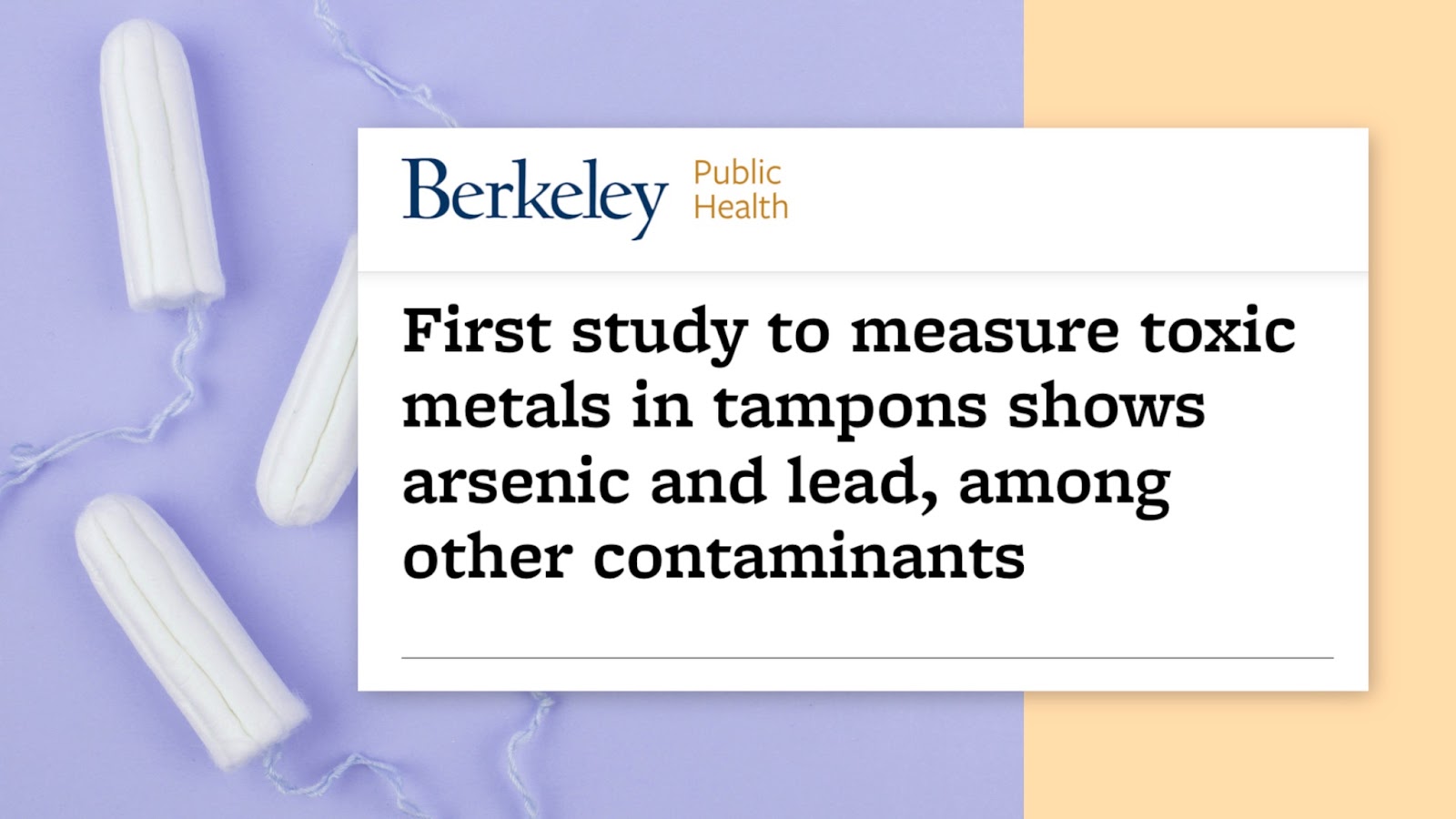Welcome back! I want to thank all of our viewers for helping us in our mission to provide information and education around all kinds of medical topics — and specifically women’s health. Please take a second now to help us spread our message. Click on the subscribe button now, and turn on your notifications. In today’s PCOS series, we’re going to talk about how PCOS and infertility are related. Can you get pregnant if you have PCOS?
Don’t have time to read this post? Watch the video here instead!
So we’ve done many videos on PCOS that you can check out here and here. PCOS is a condition where there’s an imbalance of hormones that causes you to skip your periods. The reason that PCOS results in infertility is because of a condition called anovulation, meaning that the ovary doesn’t make an egg every month. And if there’s no egg, fertilization can’t occur, and an embryo and a baby can’t develop.
Now, there are many other causes of infertility that we won’t get into here, but briefly: Male factor problems (with the sperm) and tubal factor account for as much as 70% of all infertility. The rest are because of anovulation (in cases such as PCOS), problems with the uterus, the cervix, cervical mucus, hormones, and egg reserve (or egg quality). In the specific case of PCOS, if all of those other factors are normal, the treatment is typically going to be to give the patient medicine which makes them ovulate. The most commonly prescribed medicine is Clomid™ (or clomiphene).
So clomiphene is a SERM (or a selective estrogen receptor modulator). It’s just a medicine that binds to receptors that would normally be bound by estrogen. It tricks the brain into thinking that the estrogen levels are low. In response to that, the brain produces a chemical called FSH (or follicle stimulating hormone). FSH, as it sounds, stimulates the ovary to make follicles. In the case of Clomid, they make more than the normal amount of follicles that would be made during a normal cycle.
As part of the Clomid induction treatment plan, the woman would take the Clomid on day three through nine (or five through nine) of any given cycle, and this would stimulate the ovaries to make more eggs than they normally would — and you can super-ovulate or have even more than one egg per cycle. It’s important to understand that even if all the fertility factors are normal, the chances of getting pregnant in any one cycle is only about 20 to 30%. So if you’re going to do any infertility plan (and specifically the Clomid plan), you have to stay on that plan for six months. Don’t expect to get pregnant the first month of taking the treatment. The benefits of Clomid are that it’s relatively inexpensive and relatively easy to do this particular infertility plan.
So what do you do if Clomid doesn’t work?
Well, there are other medications (stronger medications) that are injectable — like Follistim™, for example — that will stimulate the ovary to work even harder and release even more eggs.
Other treatment plants could include:
Intrauterine insemination (IUI), where the sperm is washed and purified — and only the highest quality sperm is placed through a syringe into the cervix and the uterus.
IVF (or in vitro fertilization), where the egg is harvested after being stimulated, then another injection is given to cause the eggs to be released. They’re aspirated; those eggs are put together with a sperm, and an embryo is made outside the body. And then that embryo is implanted into the uterus.
IVF is very expensive, but it’s very effective (as high as 70% per cycle success rates). But it comes with a price tag upwards of $18,000-20,000. Intrauterine insemination has probably 20 to 30% per cycle success rate — but is way less expensive (in the neighborhood of $500-1,000 per cycle).
One of the advantages of Clomid is its safety profile. All of the infertility treatments can lead to twin, triplet, quadruplet pregnancies (everybody’s heard of Octomom!). These are very high-risk pregnancies that can lead to complications — and even death (with a singleton pregnancy being the lowest risk of all of those). And Clomid has an increased risk of twins (10% as opposed to 1% in the general population). It doesn’t have an increased risk of triplets and higher order pregnancies — which all of the other injectable medicines and infertility treatments do have.
Injectable treatments also have a risk of something called ovarian hyperstimulation syndrome, which can cause swelling, stroke, hospitalization — in some cases, even death. Fortunately, it’s extremely rare. The risk is very low with injectable treatments, but the risk is essentially zero with Clomid.
The management of PCOS and fertility should always be done in conjunction with your provider — and diet, exercise, and alternative remedies (acupuncture) can all be used in conjunction with the fertility programs.
But to bust the myth, having PCOS does NOT mean you can’t get pregnant.




